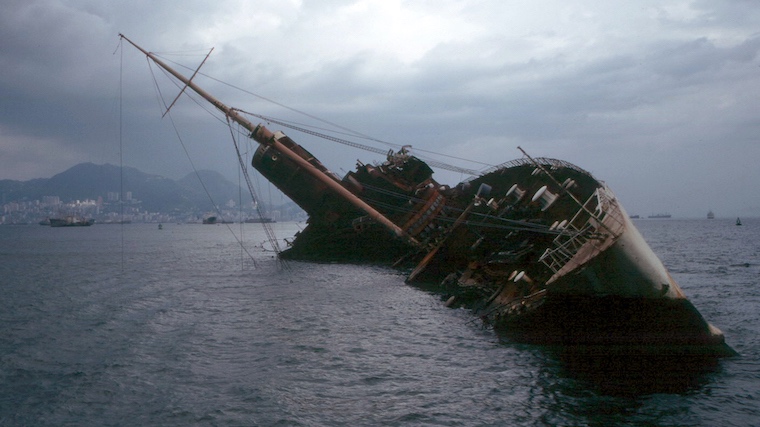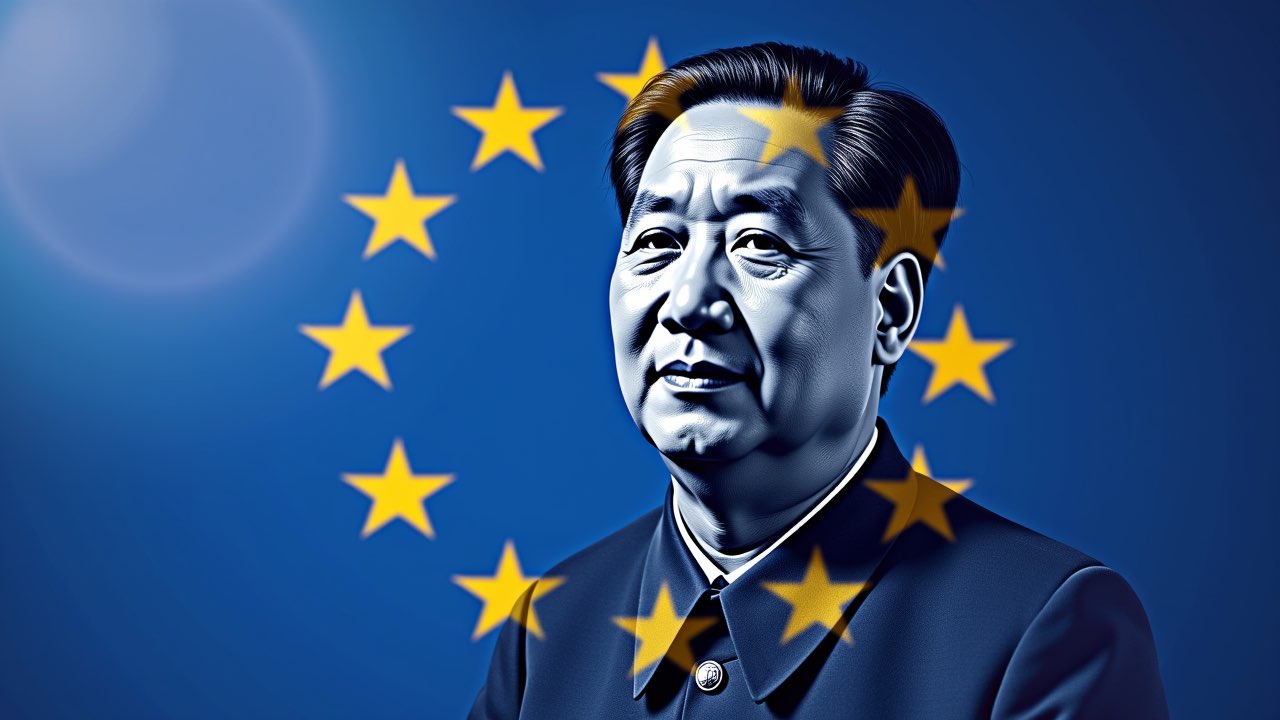
Time for a more radical Europe
- Martin Enlund
- 3/9/25
Last fall, Italian economist Mario Draghi, former head of the European Central Bank (ECB), published his 400-page report on Europe’s (actually the EU’s) competitiveness. Draghi’s verdict was harsh: Europe is facing an “existential challenge.” It’s hard to disagree. While the EU is launching new regulations on plastic corks and hiding text messages from the public, Elon Musk is changing the world with groundbreaking innovations in the automotive, robotics, and space industries.

On Car Seats and Censorship
- Martin Enlund
- 12/27/24
Fertility rates in Western countries have fallen to historically low levels in recent years - not a single Western country had a fertility rate above the replacement rate in 2023. The replacement rate being 2.1 children per woman. The driving forces are said to be several, such as better pension systems, increased demands for education, more women in the workforce, the fiat monetary system, and so on. However, it can be argued that the driving forces are rather few. Perhaps many can be summarized with the concept of “unpredictable consequences”. For who were those who, in their time, predicted that a more generous pension system, more years in school, or more women in the workforce would lead to a veritable collapse in birth rates?

Lost in the Haze: The Sense-Making Crisis
- Martin Enlund
- 11/19/24
Imagine a world where the very foundations of knowledge are in question. Where experts disagree on the most basic facts, and the public is left to navigate a sea of conflicting information. Welcome to our reality, where the process of knowledge creation has become unhinged. We’re facing numerous major challenges, from pandemics to climate threats, migration flows, and rapid technological development, such as Artificial Intelligence (AI). But beneath these surface-level issues lies a more profound problem: the mechanisms by which we produce, disseminate, and consume information have been severely disrupted, leading to a crisis of trust in the very foundations of knowledge itself.

Bitcoin and the waterwheel
- Martin Enlund
- 3/31/24
Biologist Stuart Kauffman introduced the concept of the “adjacent possible” in evolutionary biology in 1996. A bacterium cannot suddenly transform into a flamingo; rather, it must rely on small exploratory changes (of the “adjacent possible”) if it is ever to become a beautiful pink flying creature. The same principle applies to human societies, all of which exemplify complex systems. It is indeed challenging to transform shivering cave-dwellers into a space travelers without numerous intermediate steps.

Globalism is the real pandemic
- Martin Enlund
- 9/16/23
TL;DR: Contrary to their stated goals, centralized solutions and globalism are poised to increase disaster risk, undermine knowledge production, impede economic growth, and hinder scientific progress. They should also be rejected on ethical grounds.

